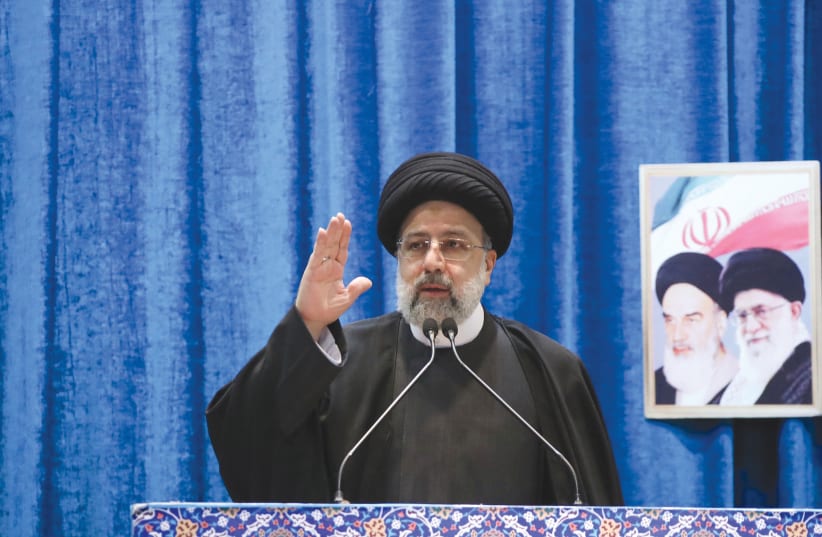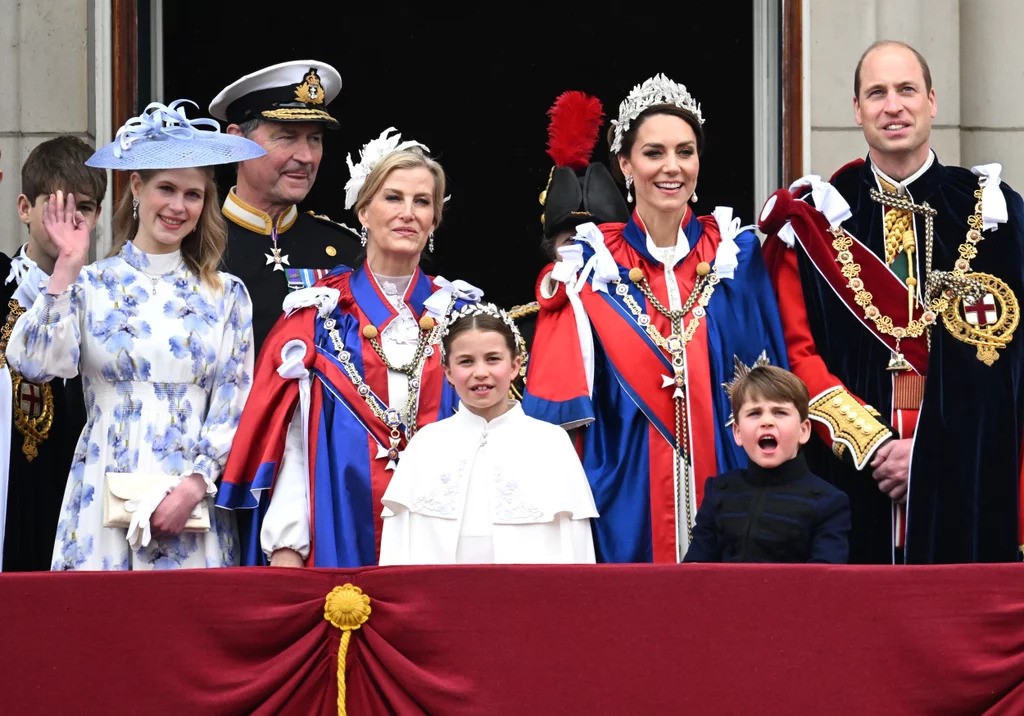Hours after losing the referendum to remain in the European Union, British Prime Minister David Cameron, announced his resignation. He says he is due to leave by October of this year.
His announcement came shortly after the British Pound, the strongest currency in the world, tumbled to its lowest in two decades.
Cameron, together with some leading Labour leaders, campaigned to remain in the European Union as they felt it was the right thing to do.
“I think the country requires fresh leadership to take it in this direction. I do not think it would be the right thing for me to try to be the captain that steers our country to the next destination,” he said.
With these words, Cameron said to ensure stability; he would remain at number 10 Downing Street until October to ensure a smooth transition.
His resignation is indeed unfamiliar to my continent, Africa, where leaders rule until they can’t breathe or are removed through violent insurrection, at least for most of Sub-Saharan African countries.
From President Robert Mugabe of Zimbabwe (92), Yoweri Museveni of Uganda (71), José Eduardo dos Santos of Angola (73), to Teodoro Obiang Nguema of Equatorial Guinea (74), the language of resignation is not only foreign but also punishable, sometimes, by death.
Social media, from a number of African users, was awash with messages; celebrating the way Cameron handled the referendum defeat.
“The European integration has been an important part of the fragile global balance of power. The hope is that Britain’s departure and isolation does not trigger a return to the old nationalism, a further rise in right-wing politics, closed mentalities and associated hostilities,” wrote Kent University, Law Professor, Alex Magaisa.
Patrick McKenna, writer and political observer reckons culture is one of the issues differentiating Europeans from Africans.
“One of the most striking differences between the political cultures in Africa and the West lies in the reluctance of African leaders to allow democracy to take its course. When the vote doesn’t go their way, Western leaders do not resist the inevitable consequences. Not so much in parts of Africa, perhaps. In Zimbabwe, for example, losing at the polls is not called democracy. It’s called ‘illegal regime change’,” said McKenna.
A Chartered Accountant from Zimbabwe staying in the United Kingdom, Khesani Chauke, registered his displeasure with Cameron’s resignation saying he should have considered staying even after losing on the Brexit referendum. He however said, he understood Cameron’s rationale for deciding otherwise.
“As a public servant and put his personal inclinations aside, by choosing not to buy the Brexit idea he has basically said I no long want to be a public servant. And so, his resignation is welcome,” said Chauke.
Political economist, Maxwell Saungweme said, Cameron had proven to be a principled leader and a good example.
“He had a particular vision for his country and the EU, but his people voted otherwise. He did the honourable thing to step down and allow someone new to lead the new vision which is contrary to his. This is what good leaders do. We lack this in most countries in Africa. That’s we have leaders overstaying even when all they believed in at the beginning has changed. I respect the man,” said Saungweme.
Chofamba Sithole, former Assistant Editor of the London-based Newsafrica Magazine weighed in saying David Cameron’s resignation as Prime Minister following the triumph of the leave vote illustrates the gulf between western liberal democracies and African countries in terms of political culture and approaches to leadership and public service.
“Only less than 15 months ago, Cameron led the Conservative Party to its first electoral majority since John Major’s in 1992 and has a mandate to govern until the next general election in 2020. And yet because his vision for Britain envisaged continued membership of the EU, which the British voters have now rejected, he felt compelled to relinquish the leadership of Britain to those who have championed for the future of the country outside of the continental bloc,” he said.
“There is the recognition in Cameron’s resignation that with the leave triumph, he has lost hegemonic leadership of the country – the majority of the people are flowing to a current of ideas and vision of the future that differs from his, which disqualifies him from continuing to lead the country.”
Sithole says in Africa, political parties are electoral machinaries and, upon assuming State power, the state machinery becomes the electoral machinery of the sitting President and the ruling party so that leadership change really means overcoming all of the means that the incumbent has at his disposal to resist such change.
“Some of these means may be Parliamentary majorities that are mobilised to overturn constitutional term limits and endorse the incumbent’s desire to extend his rule. Perish the thought about hegemonic leadership, ideas don’t seem to come into it, nor considerations of public service and the opportunity to serve one’s country as a privilege that one enjoys and executes for a time in the hope of making a significant contribution in the limited time that one has to do so. These fundamental differences in approaches to political power and public service continue to obtain between Africa and western liberal democracies.”-CNBCAFRICA






